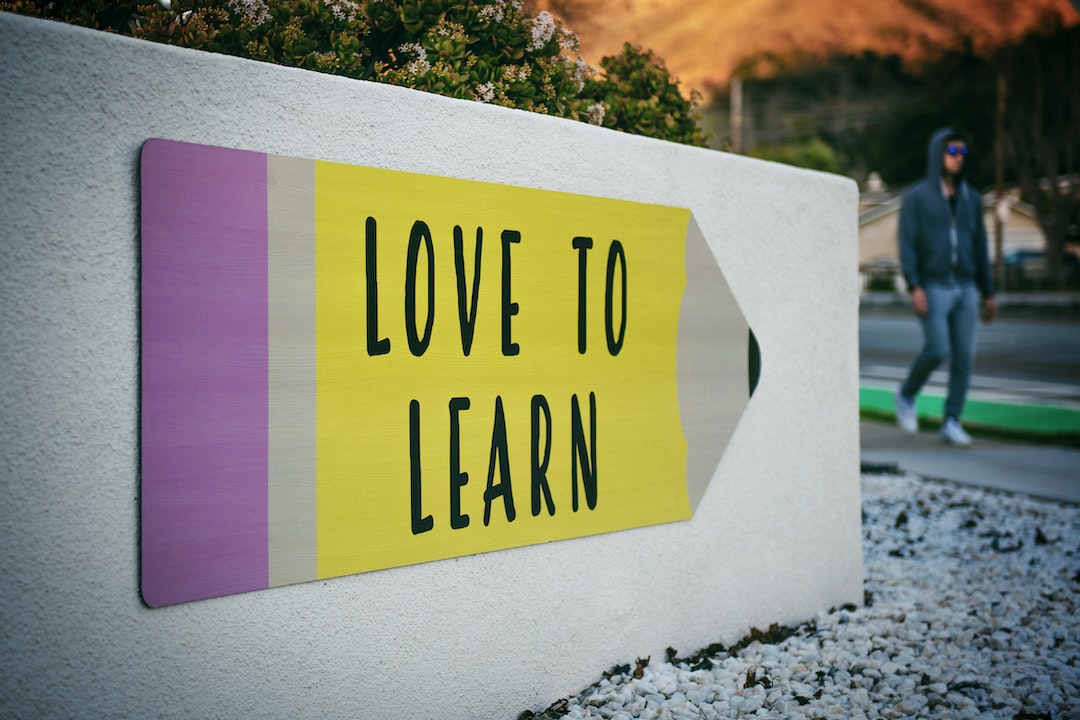Promoting Global Citizenship and Cultural Awareness in Schools
In our increasingly interconnected world, it is essential for schools to play a vital role in developing students into global citizens who possess a strong sense of cultural awareness. By fostering an inclusive and diverse educational environment, schools can empower students with skills and knowledge that will enable them to thrive in a globalized society. In this blog post, we will outline five effective strategies for promoting global citizenship and cultural awareness in schools.
1. Integrate multicultural education into the curriculum:
One of the most influential ways to promote global citizenship is to embed multicultural education throughout the curriculum. Schools should incorporate diverse perspectives, histories, and cultural contexts into various subjects, such as history, literature, and social studies. This approach allows students to appreciate different cultures, develop empathy, and gain a more holistic understanding of our world.
For example, literature classes can include works by authors from various cultural backgrounds, presenting students with an opportunity to explore different perspectives. Additionally, history lessons should cover global events and historical figures from different countries, enabling students to understand the interconnectedness of nations and the collective responsibility for building a better future.
2. Encourage intercultural exchanges and partnerships:
Another powerful way to foster global citizenship is through intercultural exchanges and partnerships. Schools should actively seek out opportunities to collaborate with schools from different countries, enabling students to engage in meaningful conversations and exchanges.
These exchanges can take various forms, including cultural visits, video conferences, or joint projects. By interacting with peers from different cultural backgrounds, students gain a deeper understanding of different perspectives, challenge stereotypes, and build friendships across borders. Such experiences instill a sense of global citizenship and help students develop essential skills such as empathy, communication, and respect.
3. Create safe spaces for cultural dialogue:
Cultural dialogue is critical in developing cultural awareness. Schools should create safe spaces where students feel comfortable discussing their own cultural backgrounds, beliefs, and experiences openly. These dialogues allow students to recognize and appreciate the diversity within their own community and develop a curiosity about other cultures.
Teachers can facilitate these conversations through activities such as sharing personal stories, organizing multicultural celebrations, or incorporating interactive discussions into lessons. By actively listening and engaging in respectful dialogue, students learn to appreciate and value different worldviews and develop the essential skills needed to navigate a diverse global society effectively.
4. Introduce language learning opportunities:
Language is a fundamental tool for cultural exchange. By introducing language learning opportunities, schools can equip students with the skills needed to communicate with people from different cultural backgrounds. Encouraging students to learn languages such as Spanish, French, Mandarin, or Arabic not only opens doors to new cultures but also enhances their cognitive abilities and strengthens their intercultural competencies.
Furthermore, language learning immerses students in different cultures and encourages them to understand the nuances of language, including gestures, customs, and traditions. Schools can organize language immersion programs or establish partnerships with language-learning platforms to provide students with interactive and engaging language learning experiences.
5. Engage in community service and global issues:
Lastly, schools should actively engage students in community service and global issues to promote global citizenship. By participating in community service projects or raising awareness about global challenges, students develop a sense of responsibility and empathy towards others.
Through volunteer work or supporting organizations dedicated to addressing global issues such as poverty, climate change, or human rights, students learn about their roles as global citizens and how their actions can make a difference. These experiences allow students to realize the importance of contributing to a global society and encourage them to be proactive ambassadors of positive change.
Promoting global citizenship and cultural awareness in schools is crucial for preparing students for the challenges and opportunities of an interconnected world. By integrating multicultural education, encouraging intercultural exchanges, fostering cultural dialogue, introducing language learning, and engaging in community service and global issues, schools empower students to become compassionate, informed, and responsible global citizens. It is through these efforts that schools can contribute to a future where diverse cultures are celebrated, understood, and respected.
